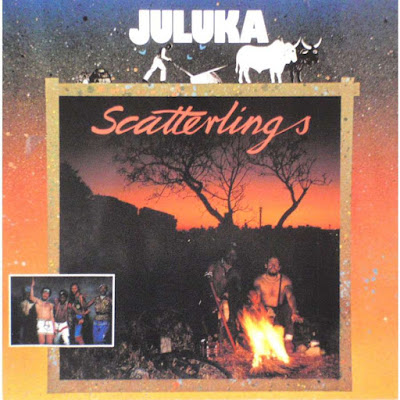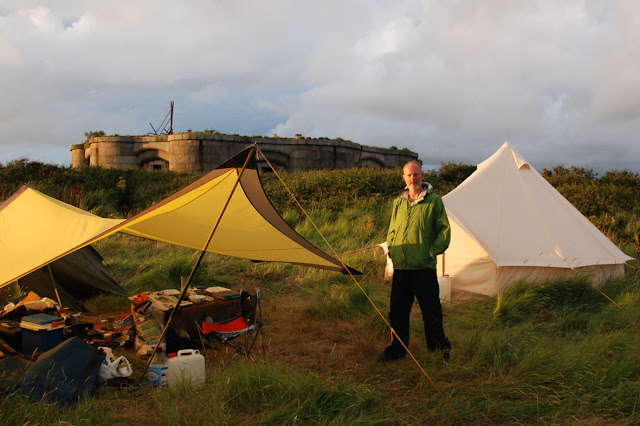Scatterlings
 |
| Me, Southern Africa, 1996. |
I hadn't listened to Johnny Clegg for the past few years and had mislaid a lot of what he'd taught. Perhaps it'd been buried; there's so much to take on in life if you're curious, and so many people working to make a confusing situation even more difficult to navigate, who's effectiveness can be amplified if you tend to doubt yourself, as so many of us recovering imperialists rightfully do. I returned to him in the midst of thoughts I had during the pro-Palestine demo I attended late last week. As we marched I considered how I can survive the anger and disgust I feel every time I see a new Israeli atrocity on social media. And how can I not be scarred by the fact that there will be no justice? The guilty - if prosecuted at all - will likely receive light sentences and then get given new lives in America, Germany, or Argentina, just as so many Nazi's had done. How can I live in anything other than a depressed state when our leaders literally destroy meaning, as in, using words and phrases as if they were characters in an Orwell novel. How can the wider world heal from the rift that Israel and the governments that support it insist on widening every day? How can we achieve real change, rather than just a change of labels behind which the self serving will always hide, and what does that change even look like?
Clegg once said it's so much easier to be against something bad that you can easily see than to be for something good that you can barely imagine. Am I up for the fight with myself, am I Tough Enough?
Leaving the march I saw a Toronto police officer descend on a small brown man and his 2 very young children, angrily gesturing and berating them for walking in the wrong part of the street. They could have just smiled and asked them to move, I reasoned, yet they always make sure they never pass up an opportunity to insult, demean, and provide reason for future mistrust and hate. Must I always despise the police? Must I always cross the road when I see them ahead, for fear of what they might do to me? I can't see how I can change them, but can I change me?
I couldn't work it out. Then an image of Nelson Mandela dancing and smiling came to mind. Mandela gave the appearance of managing to achieve what I'm struggling with. Perhaps it was just an image created to allow his country to heal. Perhaps his idea of justice sprang from a gentler place than mine. Perhaps he let go of justice completely. Perhaps peace trumps justice. The future of more value than the past. Peace for the living comes before justice for the dead.
I watched the indigenous people who led the demo march. How they interacted, with a visible respect, openness, genuineness, and joy rare in my world. No fake smiles. Perhaps I need to ask more informed questions of myself. Maybe alter my start point from one of angry defensiveness to empathy and respect. Nothing is fixed, let it flow, but keep basic notions of good, that is, good as dictated by nature. From what core emotions do I view life? All this violence that's been in my head since the late 70's, hammered into most of us modern people by media, politicians, capitalists, and so many others, is this what I want as a basic motivator? But what can replace it? I can't hide behind the concept of blind compassion, or ahimsa as I see it practiced in the west. They seem like two of the heads of the hydra of violence. The ones that sneak up behind you pretending to be friendly, and encourage you to turn away from those in need. It can all be explained away though, given enough words, which may explain the length of many 'spiritual' texts. Binding us in chains of mantras, proverbs, perspectives. Yet how Mandela was, and how the indigenous are, I think they've worked things out, there is something in them that I should learn from. It's not just a matter of listening. So much is lost when we use words. They can provide signposts though.
At home I searched the video out, it was of Mandela dancing on stage as Johnny Clegg sang 'Asimbonanga'. The song title translates as 'We have not seen him,' and it refers to the fact that it was illegal to have photos of Mandela in your possession at one stage in South Africa, punishable by 4 years in prison. I'll leave it here, with a series of videos, first, Clegg explaining the song, then the song, then a few other of my favourite songs of his, and finally, a documentary on him should you want to learn more about this remarkable, peace loving, curious man widely known as 'The White Zulu'.


